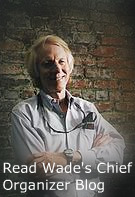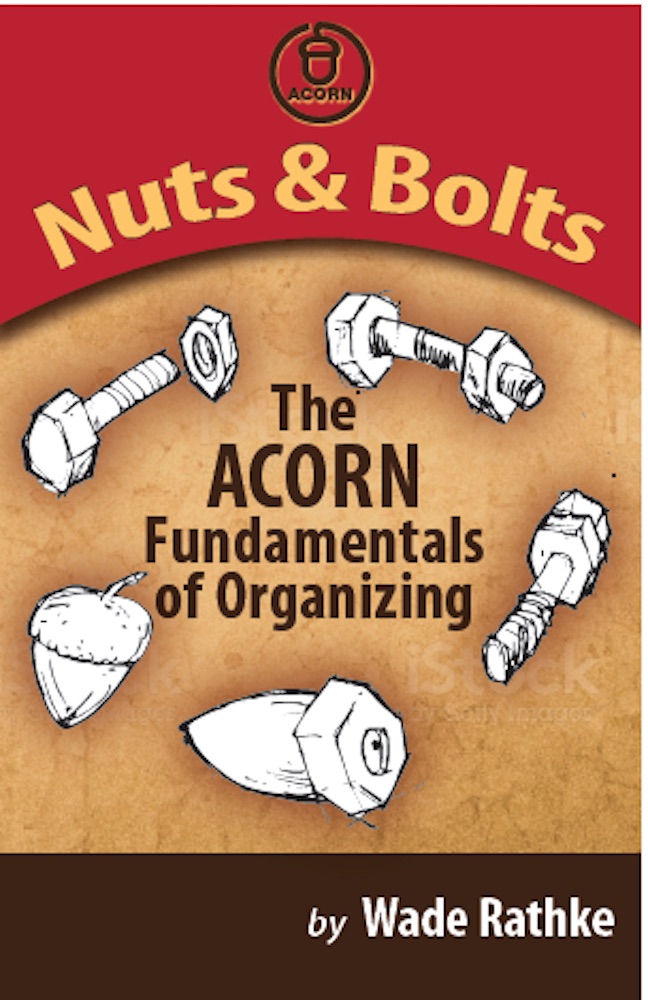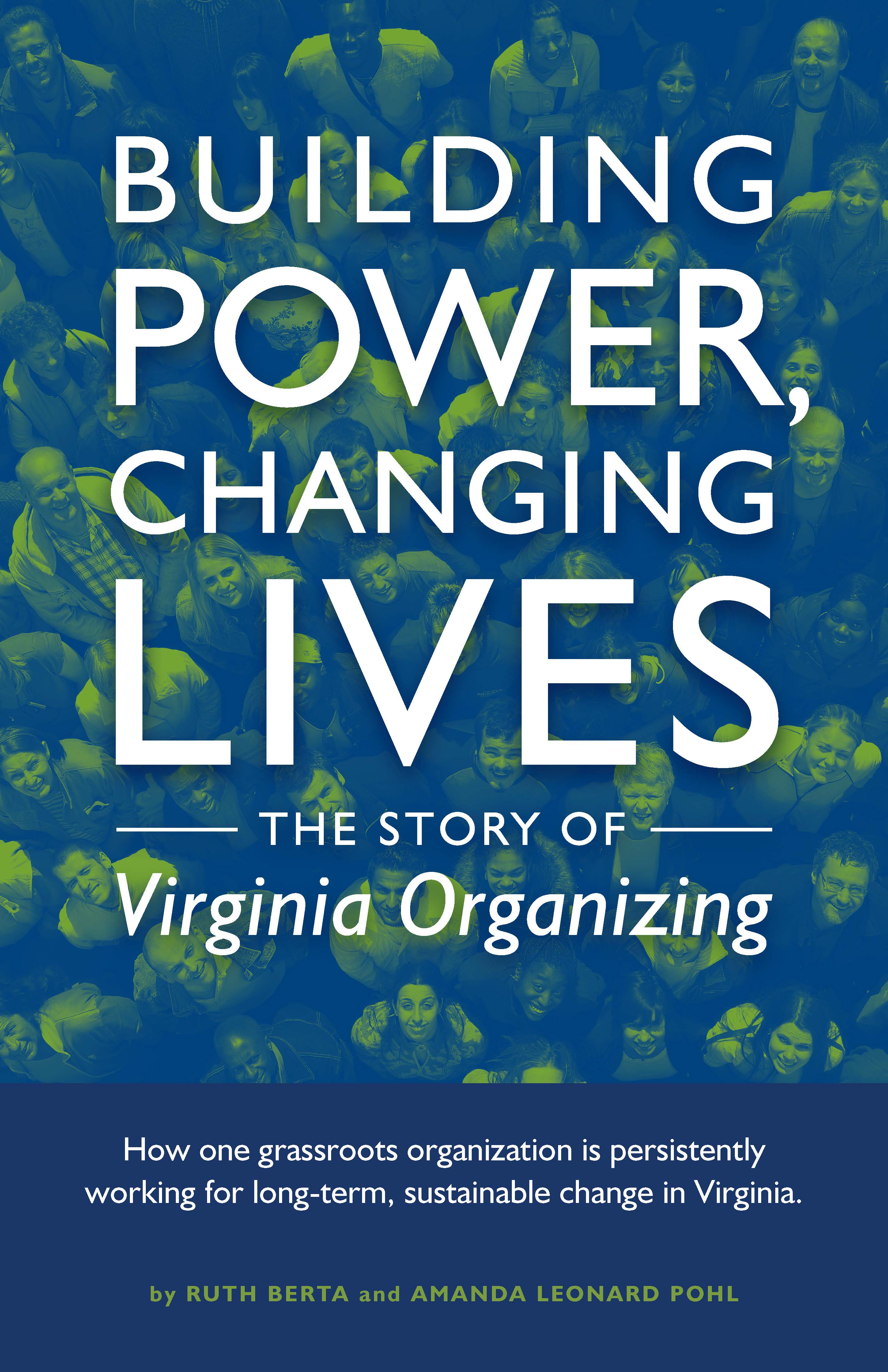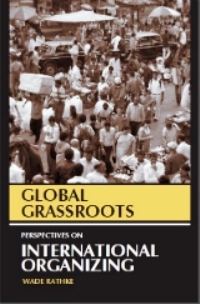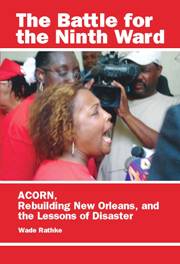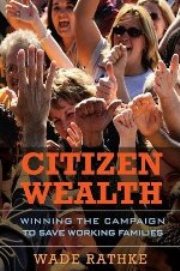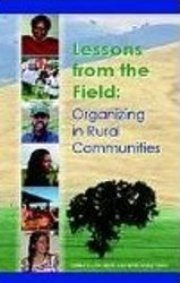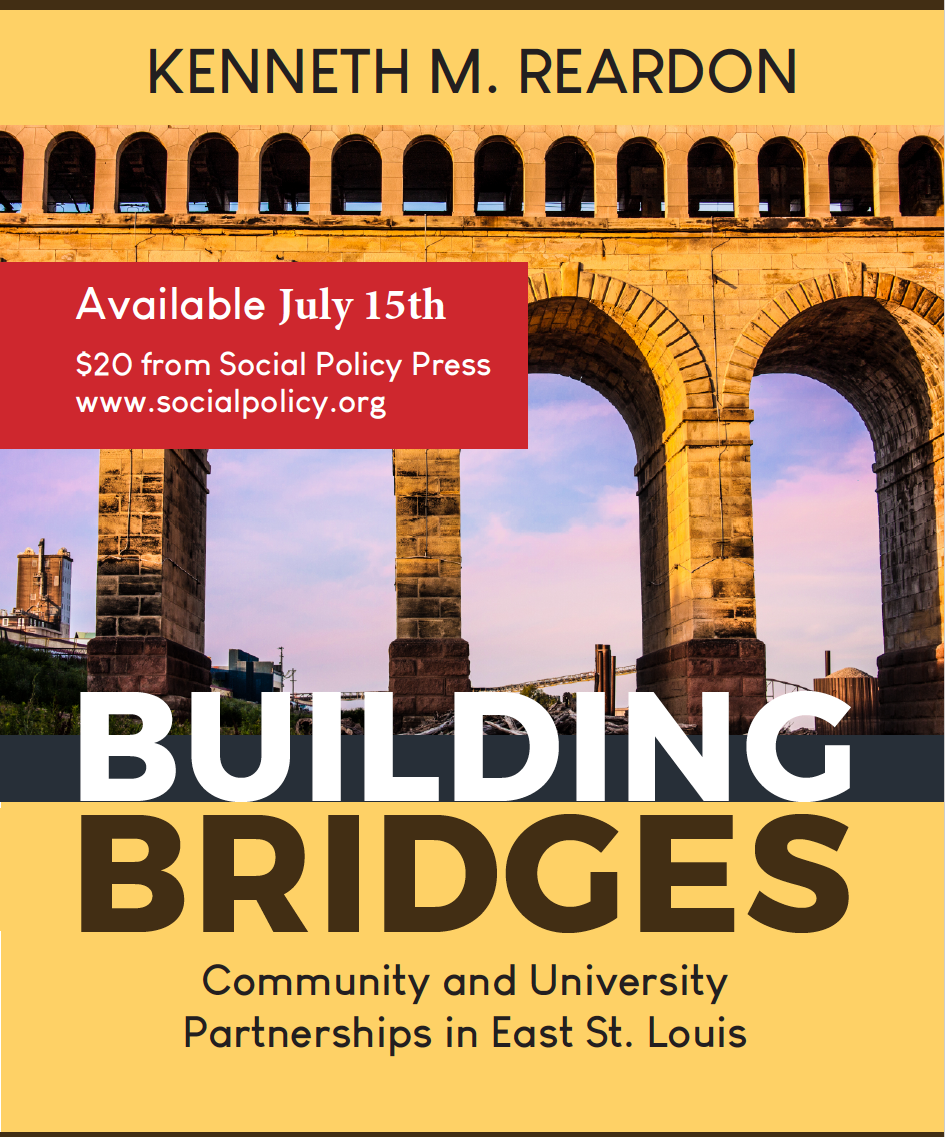Earlier this year, a federal judge in the District of Columbia ordered Gen Digital Inc. to pay $53 million in damages for cheating the federal government. The case against the company—formerly known as NortonLifeLock, a spinoff of Symantec Corp.—originated in a lawsuit filed by whistleblower Lori Morsell, who stood to receive a share of the payout. While working at Symantec more than a decade ago, Morsell discovered that the company was failing to provide federal agencies the discounts it made available to other customers.
Read more: EVERYBODY'S BUSINESS - Blowing the Whistle on Procurement Fraud
As a public school kid, I’d just graduated from UC Santa Cruz, a brand spanking new campus that was perfectly timed for the late sixties. We had a ball exploring parent-free quasi-adulthood, protesting, experimenting, enjoying the early years of oral contraceptives, and on the side, learning. It was a rich time in every way but financial. (UC in those years was astonishingly cheap, by the way.) Graduating in 1970, I got my first “real job” working for the Center for Community Change in DC and moved in April with just an independent study project to finish. Two things impressed: heat and humidity. Oh, and the overwhelming sense that to do something in the political world, as well as to get on track to make a decent “professional” income in the future, becoming a lawyer was the ticket. With that in mind, I joined a volunteer group studying the broadcast industry under the banner of Nader’s Raiders, the moniker given to Ralph Nader’s legions of activist students and young lawyers seeking reform through the legal system.
An organizer trainee from the Netherlands was recently in the Toronto ACORN office. Their first training project was to organize an action at 500 Dawes Road, a privately owned rental building in East York, notorious for its negligent landlords. The action drew decent press coverage and a good turnout for a quick hit, with the emergence of a promising new ACORN leader in the building.
It felt like deja-vu all over again.
Read more: NORTHERN LIGHTS - For Many Toronto Tenants, Rent Increase Serves as an Eviction Notice
Just about every day some right-wing pundit or official is protesting the left-wing bias that they claim is dominating America’s colleges and universities. They are proposing wide-ranging policies to eradicate the “woke” culture presumably in control of the nation’s schools. This sentiment has emerged even among some academics themselves. One English professor recently wrote “Higher Ed, We Have a Problem. It’s time we start grappling with left-wing bias on campus and the problems that’s created for higher education.”
What a pleasure it is to be able to say, just maybe, I was wrong. The jury hasn’t finally come in, but I hope it finds me miles off base.
What am I talking about? Well, my last “backstory” expressed some fears and skepticism, as I rubbed the tea leaves, about whether unions were really back and on an upward trajectory. I hoped they were, but I wasn’t convinced that was really the case.
I’m still not, but over recent weeks there’s reason for more optimism than I was willing to express before. Maybe it has to do with spring? Maybe we can see light at the end of the tunnel? Who knows?
There’s good news for unions, and it’s worth celebrating forward movement.
Take Starbucks as a perfect example. Suddenly, there’s a major thawing. The company and the union have agreed on a path forward and are finally really negotiating. Back raises are being paid. Bargaining committees have been agreed. Internal reports that have filtered back to me indicate the real story is even better than the published reports. Union participants are hinting that this could be a total victory for the 350 stores and their workers around the country. That’s huge!
What worked? Was it the mass filing of more than 20 elections recently proving there was still gas in the tank? Was it the stockholders’ initiative put forward by the unions? Was it the preponderance of NLRB complaints on bargaining and firing? Likely all of these and just the steady struggle by the union and key workplace leaders to never stop fighting on all fronts. Fingers crossed for a contract that moves the needle for even more organizing.
Ok, Amazon is still a horror, but there was good news on that front as well. The NLRB issued a complaint around their union busting at the air depot and distribution center in Kentucky where there has been significant organizing. That’s a proof of life in the campaign once again.
Perhaps even more momentous, the UAW, coming off of their successful strike last year and their commitment to organizing the foreign car manufacturers or transplants, as they call them, is reporting real success. They have now filed for an election for over 4000 workers at the Volkswagen plant in Chattanooga. They’ve been there before, but they have filed with over 70% card strength, so this one could be a winner. That’s not all. They have dedicated $40 million to organizing and have also announced serious campaigns at Mercedes and Hyundai plants in Alabama. Am I just getting nostalgic? The UAW has been critical in the revival of the labor movement in the past. Could lightning be striking again?
I’ve still got my feet on the ground about all of this. I can’t keep from seeing the hard road ahead. Regardless, hoping and wishing isn’t a plan, but when there’s good news, let it shine. I don’t want to be a Debbie Downer. I want to be in the cheering squad.
Please, please let these be the sparks that light a prairie fire!
The end of the year wrap-ups in one venue after another tout the resurgence of labor.
They make the case largely on the backs of strikers, particularly the deal won by the UAW from the Big-3 under their feisty leader, Shawn Fain. Autoworkers were one of many strikers including what seemed all of Hollywood, truck drivers, healthcare workers, and many, many others. October saw the most feet on bricks in forty years.
There’s a strong brief to be argued. The Teamsters laid out an ambitious set of bargaining goals and damned near achieved everyone of them, including tightening down on the tiers between new and old workers. The UAW did much the same with a creative strategy and innovative tactics, including winning payments from the companies for those workers the union had called out on strike, which is unheard of. Union demands couldn’t be pigeonholed either, because some of their issues, like the impact of artificial intelligence on their jobs as writers and actors, were cutting edge. Casino workers in Las Vegas were able to do the happy dance as well. President Biden even joined a picket line. How about that? No question, unions were clearly having a moment. At least, this was true for legacy unions with long established positions in their industries and localities.
Many of these same reports still mention the organizing surge that was predicted by the Amazon victory in Staten Island and the hundreds of wins by Workers United, SEIU, in Starbucks stores all over the country, but the organizing story for unions is less rosy. After six months, Starbucks was in the headlines asking the union to come back to the bargaining table. Maybe that’s progress, and maybe that’s the company believing they have waited the union and the workers out long enough to water down whatever might follow. Amazon on the other hand continues to play hardball and give no quarter. A nascent organizing drive, once again by the independent and now conflict-riven Amazon Labor Union, in Kentucky was in the news once again for firing organizers and union-busting. There’s also no news that indicates that there is any real progress in moving to a contract in Staten Island.
There is no sign, at least not yet, although of course our fingers are crossed, that the strike successes are pushing workers forward into new organizing drives, despite the UAW’s claims that thousands are calling them to organize. Interestingly, some of the workers that are breaking ground are very white collar. Microsoft seems to have entered a neutrality agreement under the auspices of the AFL-CIO and the Communications Workers, that could cover 100,000 workers, mostly in tech. This follows success with gamers that helped Microsoft monopolize that sector. SEIU has made progress with doctors. Nurses are organizing in some places, including in New Orleans. The NLRB continues to try to make the path easier, even as Congress starves its budget, delaying with one hand, what was being accelerated with the other.
These are all exciting developments. They are something like spring buds bursting up after a long winter. If you have a union, you’re happy for it. If you could get a union, surveys indicate workers and the public in record numbers think that would be a good idea. It’s not a false spring, but neither is there yet any sign there the movement is back with labor. In new organizing, most of this looks like good engineering, rather than the winds of change sweeping through the working classes. Inflation is easing, and employers are pushing back harder now. There’s a historic opportunity, but still at year’s end for all the applause and hype, not enough is happening to bring the changes workers need and demand for real and effective organization.

